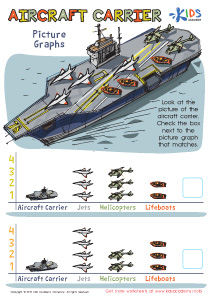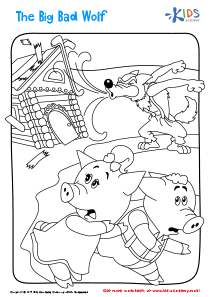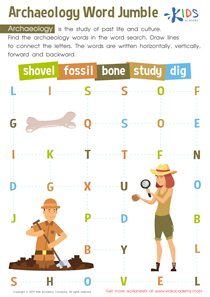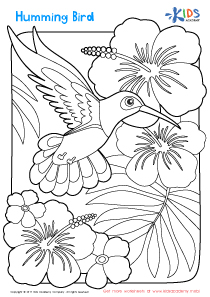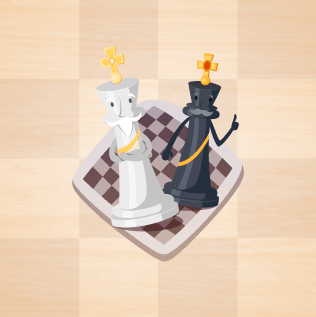35 results
Introducing our Chess for Ages 6-7 course, tailor-made for young minds eager to embark on the fascinating journey of chess! This engaging program combines interactive worksheets, enlightening educational videos, and stimulating assessment quizzes designed to captivate and educate in equal measure. Through fun and interactive learning, children will grasp the basics of chess, from piece movements to strategic thinking, all while developing critical cognitive skills. Perfect for beginners, our course promises to create a solid foundation in chess, fostering a passion for the game that could last a lifetime. Let your child discover the joy and challenge of chess with us!
In today's fast-paced and digital world, finding engaging and educational activities for young children can sometimes feel like a daunting task for parents and educators. However, one timeless game stands out for its ability to develop critical thinking and problem-solving skills: chess. Specifically tailored Chess for Ages 6-7 lessons have shown remarkable benefits, not only in teaching the game but also in enhancing children's academic performance and cognitive abilities.
At the core of these lessons are interactive worksheets, educational videos, and assessment quizzes, designed to captivate young minds and foster a love for learning and strategic thinking. The structured yet fun approach of Chess for Ages 6-7 can significantly impact a child's cognitive development and academic success in several ways.
Enhances Problem-Solving Skills
Chess is a game of strategy and tactics. Each move requires a player to think ahead and consider the consequences. Engaging in Chess for Ages 6-7 encourages children to engage in critical thinking and to anticipate and evaluate the outcomes of their actions. This practice of looking before leaping is invaluable in real-world problem-solving.
Boosts Memory and Concentration
Remembering the rules for each piece on the chessboard, along with the opponent's moves, can enhance memory. The interactive worksheets and quizzes in the Chess for Ages 6-7 curriculum are designed to reinforce these aspects continually. Moreover, the nature of chess demands concentration and focus, skills that are directly transferable to academic studies, where attention to detail and sustained focus are required for success.
Promotes Math Skills
Chess involves an infinite number of possibilities, patterns, and sequences. Engaging in this game through our Chess for Ages 6-7 program helps children naturally improve their math skills. They learn to recognize patterns and understand the importance of careful calculation. These skills are not only crucial for the game but are also foundational for mathematical reasoning and problem-solving in their studies.
Improves Reading and Comprehension
Although it might not be immediately apparent, chess has been linked to improved reading skills. Following the instructions in the educational videos and deciphering strategies in interactive worksheets requires careful reading and comprehension. This practice can enhance the children's ability to understand and process information, a skill that is vital for academic success across all subjects.
Fosters Social-Emotional Development
Chess for Ages 6-7 isn't just about developing cognitive skills; it also plays a significant role in social-emotional learning. Through the game, children learn about sportsmanship, handling wins and losses, and the value of patience and persistence. These lessons, sometimes more subtly conveyed through our assessment quizzes and interactive activities, are crucial for personal development and success beyond the classroom.
In conclusion, Chess for Ages 6-7, with its blend of interactive worksheets, educational videos, and assessment quizzes, offers a comprehensive learning experience that extends beyond the chessboard. It equips children with a variety of skills that are indispensable for their academic and personal growth. Engaging in this program can lay a solid foundation for children, fostering a lifelong love for learning and strategic thinking.

